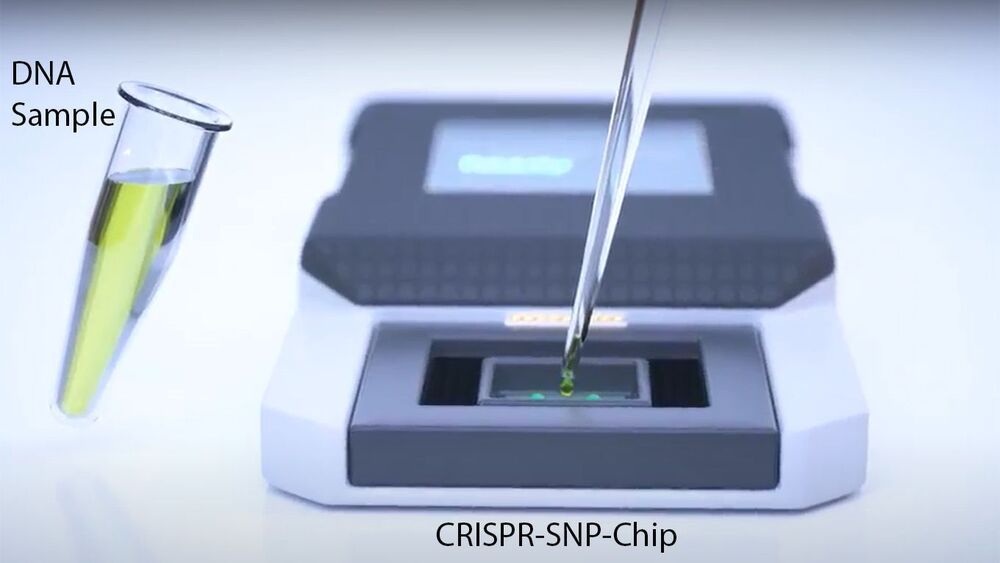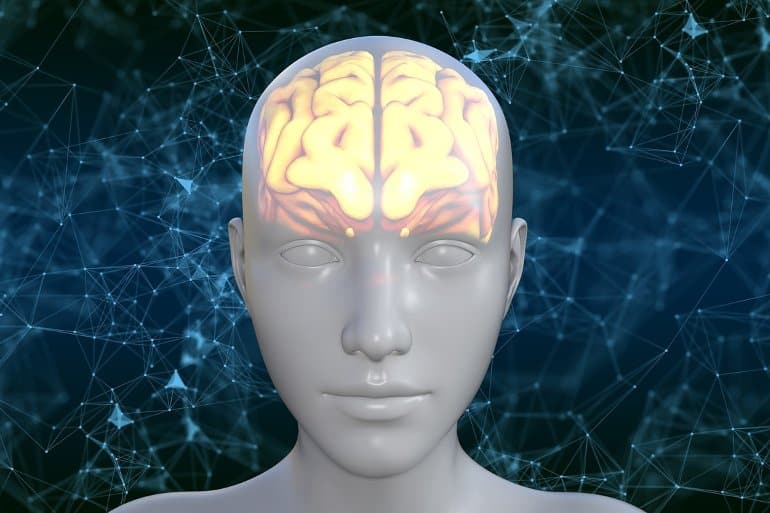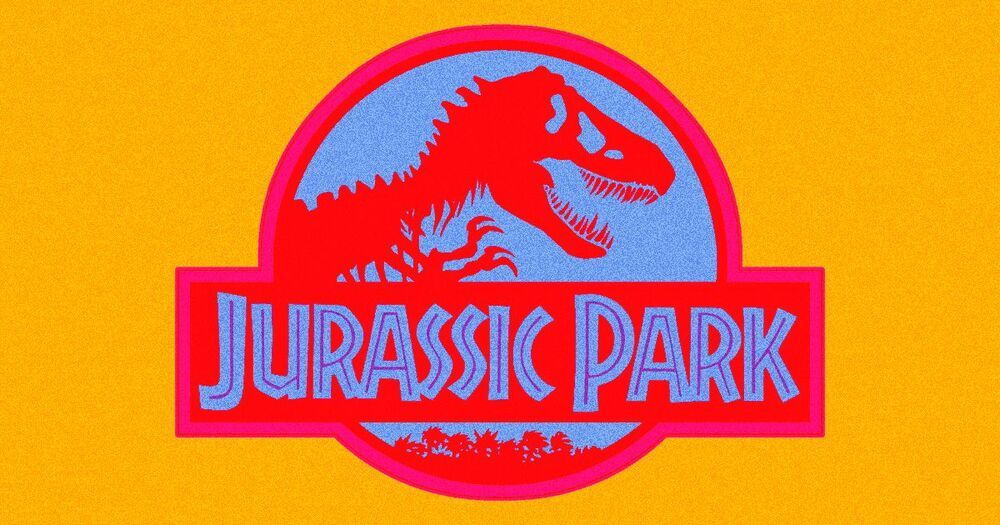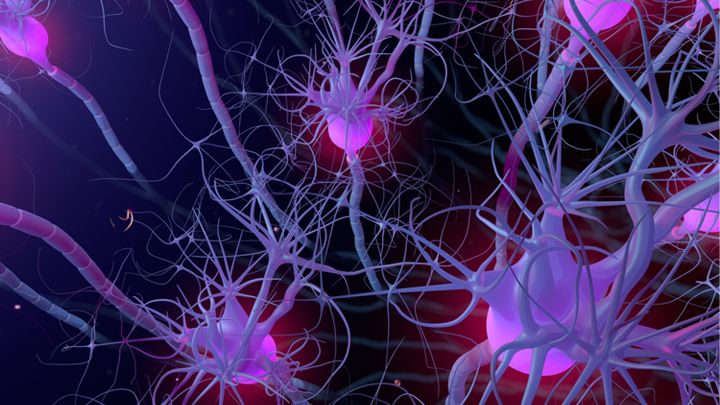Apr 6, 2021
Basque ‘genetic singularity’ confirmed in largest-ever study
Posted by Quinn Sena in categories: biotech/medical, genetics, government, singularity
O,.o.
The largest-ever study of almost 2000 DNA samples carried out by researchers at Pompeu Fabra university (UPF) in Barcelona has confirmed the “genetic singularity” of the Basques in Europe. The investigation, however, found that this difference only began to emerge 2500 years ago in the Iron Age. “Our analyses confirm that Basques were influenced by the major migration waves in Europe until the Iron Age, in a similar pattern as their surrounding populations,” the authors explain in the study published in the journal Current Biology.
The origin of the Basques has fascinated the scientific community since the 19th century. The French anthropologist Paul Broca snuck into a Basque cemetery one night in 1862 to steal skulls he wanted to study for their supposed genetic differences. Juan José Ibarretxe, premier of the Basque regional government until 2009, proclaimed that the Basque people “have existed for 7000 years” to promote his vision of an independent Basque state. And the then-president of the Basque Nationalist Party (PNV), Xabier Arzalluz, claimed in 2000 that the Basques were “the oldest inhabitants of Europe,” with “their own roots” since prehistoric times.
Continue reading “Basque ‘genetic singularity’ confirmed in largest-ever study” »

















